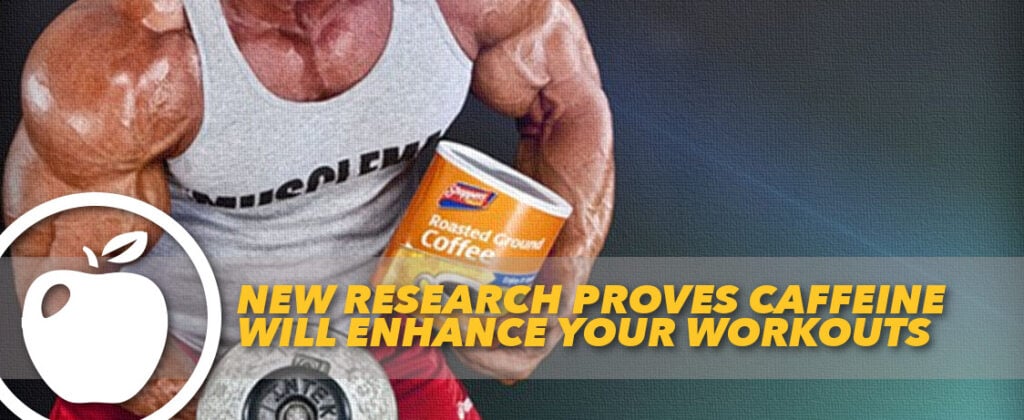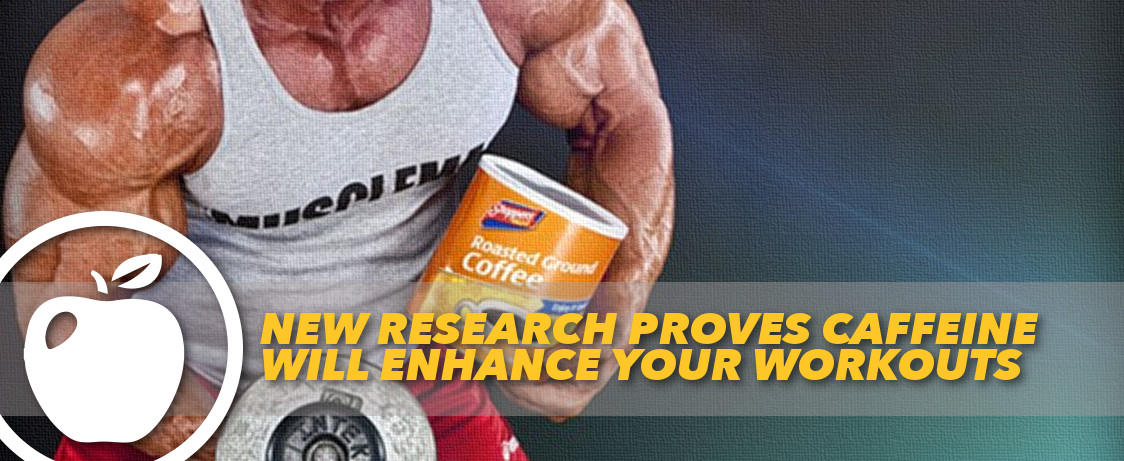It looks like caffeine kicks some major ass.
Caffeine has long been part of the pre-workout regimen for all gym advocates and professional athletes. Caffeine is well-known as a central nervous system stimulant. Studies have shown that caffeine can help an athlete perform better in a variety of different activities. It has been shown to be a powerful ergogenic aid that is beneficial in athletic performance and training. Caffeine has been shown to increase speed and power output, improve the length an athlete can train, and assist the athlete in resisting fatigue. Caffeine has also been proven to stimulate the brain, which contributes to an athlete’s clearer thinking and ability to concentrate harder on the task at hand.
Caffeine is not just good for improving sports performance, but also increases energy metabolism according to new research. Researchers examined if combining exercise and caffeine supplementation was more effective for promoting acute energy deficits and manipulations to substrate metabolism than exercise alone. Fourteen recreationally-active participants completed a resting control trial, a placebo exercise trial, and a caffeine exercise trial, in which the subjects were given 2 x 3 mg/kg/bw of caffeine 90 min before and 30 min after exercise in a randomized, double-blinded design. Trials were 4 hours in duration with 1 hour of rest, 1 hour of cycling at ~65 % power at VO2max or rest, and a 2 hour recovery. Two hours after exercise, participants were offered an ad libitum test meal where energy and macronutrient intake were recorded.
At the end of the study, exercise plus caffeine resulted in significantly greater energy expenditure and fat oxidation compared to exercise alone and Control group. Consequently, exercise+caffeine created a greater energy deficit. Caffeine also led to exercise being perceived as less difficult and more enjoyable. Combining caffeine with exercise creates a greater energy deficit and the implications of this protocol for weight loss or maintenance over longer time periods in overweight/obese populations require further investigation.
.
Reference:
Schubert, Matthew M., et al. “Caffeine consumption around an exercise bout: effects on energy expenditure, energy intake, and exercise enjoyment.” Journal of Applied Physiology 117.7 (2014): 745-754.
Robbie Durand has been in the sports supplement and bodybuilding industry for 15 years. He has contributed to many national magazines and web sites. He has an M.A. in exercise physiology from Southeastern University and a B.A. in Dietetics from Louisiana State University.










